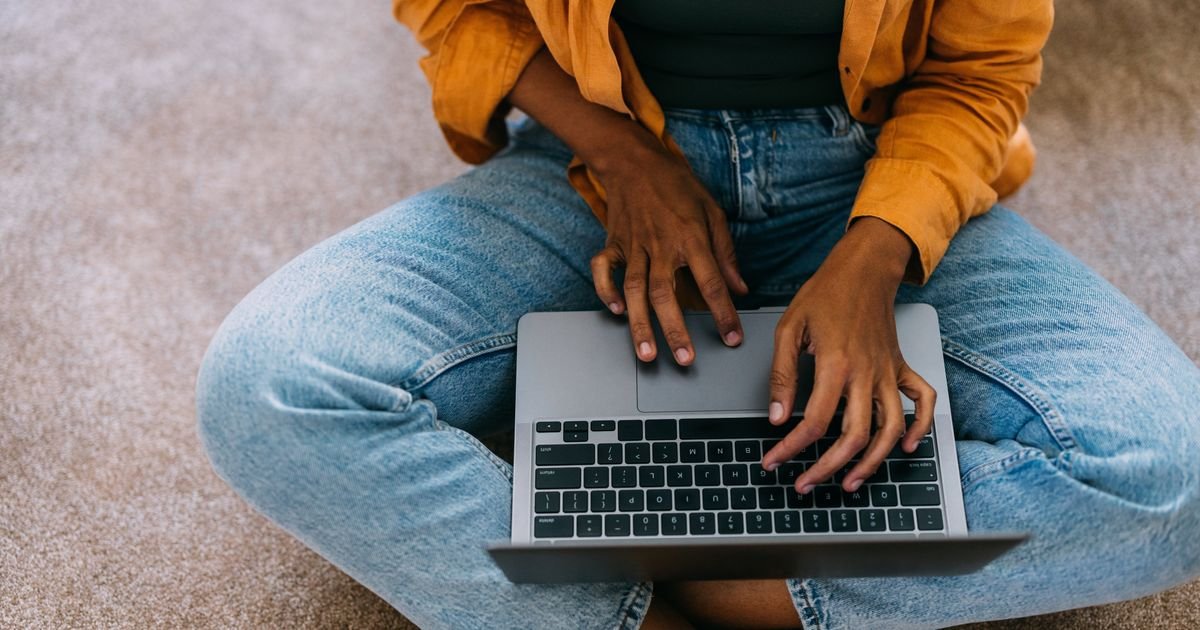We love the internet. Whether we’re making insomnia-fueled eBay bids on childhood action figures, emailing the latest Taylor Swift conspiracy theory to our best friend, or simply paying our electric bill, being online and it makes our lives more fun, more connected, and more. easier.
Unfortunately, there are countless creeps who love the internet because we love it — and who would love to swipe our personal information. Last year saw a record number of data breaches, which increased by 20% between 2022 and 2023, so if we’re going to live digitally (and how could we not?), we need to be vigilant about protecting privacy ours.
We can start locking down our information by seeing how secure the internet is in our homes.
“You probably won’t be shocked to hear that we’re the problem for this,” Alysa Hutnik, a privacy attorney with Kelley, Drye & Warren LLP in Washington, DC, told HuffPost’s Raj Punjabi and Noah Michelson hosts. “Am I doing it wrong?” podcast. “It’s usually human error in how you set up and manage your Wi-Fi.”
Listen to the full episode by pressing play and discover lots of tips and tricks to keep your online privacy protected:
The first thing Hutnik advised us to do immediately is to check the router settings.
“You get it out of the box – don’t leave yourself with the factory default settings because guess what? They’re public, right?” she warned. “It’s really easy for hackers to get in. You’re able to change those factory settings, including your password, and so setting a really strong password and not having a default is very important. “
Next, we want to make sure we’re using encrypted settings.
“Usually somewhere inside [your settings]THERE [an option to choose] ‘WPA,’ or Wireless Protected Access,” she said. “You can just turn that on, and it’s basically like, you’re not leaving your front door open, right? You wouldn’t do that in real life.”
Hutnik recommended that checking our settings not stop at our routers.
“Whenever you’re buying technology, go to the settings,” she said. “Usually there’s a privacy option and a security option … spend 60 seconds just exploring what those options are. Companies are improving a lot – we have a lot of new ones [privacy] laws – so they are offering new options. [These protective settings] they may not be default, but you can certainly enable them.”
Hutnik had plenty of other powerful privacy tips, including this one that only takes a second.
“[I am] paranoid as a privacy advocate,” Hutnik told us. “I like to carry [my webcam] covered if you don’t use it intentionally. There is a possibility of malware where your device can be taken over [and hackers could use your camera to see into your home].
She covers her camera with a Post-it note or sticker when not in use, and if she’s done working on her laptop, she always closes it.
“These are just things to think about – again, you’re mitigating the risk. It doesn’t mean you’re going to get hacked, but I’d rather not have someone peeking into my room if I can avoid it.”
We also discussed how to make your passwords stronger, which setting on her phone she almost always turns off, and much more. So listen to the full episode above or wherever you get your podcasts.
Be sure to subscribe to the Am I Doing It Wrong? so you don’t miss an episode, including our investigations into the pitfalls of tipping, how to ask for forgiveness or beat your credit card debt, how to find love online or overcome anxiety, online shopping tips, taking care of your teeth and shedding like a pro, secrets to booking and staying at a hotel, how to deal with an angry person, cooking tips from celebrity chef Jet Tila, shocking laundry secrets, tips and tricks for cleaner dishes and more.
Need help with something you did wrong? Email us at AmIDoingItWrong@HuffPost.comand we may investigate the topic in a future episode.
Support HuffPost
Support HuffPost
Already contributed? Sign in to hide these messages.
